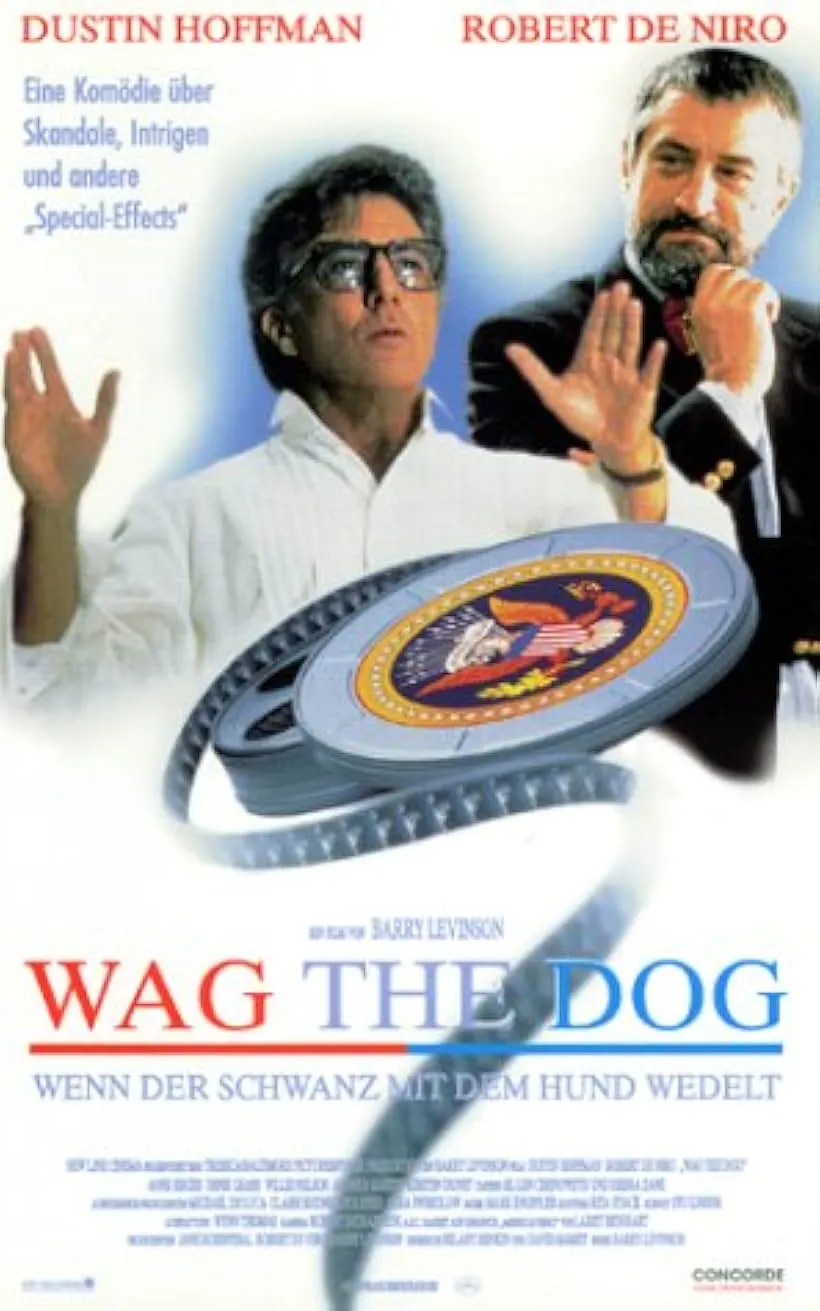You have heard and seen portions of the non-consumer economy for years. Many of you simply didn’t realize that is what it was. The rise of Uber and car rental services should have been a major tip off. Many of the younger generation do not feel compelled to own cars. They rent them as needed. Not for days or weeks like traditional car rental companies, but by the hour either using services which scatter vehicles around town or via services like Uber. When you live in locations where it can cost upwards of $500/month just to park this makes good financial sense. Companies like Uber allow project workers who are between projects to earn money with the cars they own while they are looking for their next gig. Along the way they can meet interesting people and this new generation is all about life’s experiences, not accumulating stuff.
We need one final piece to force a non-consumer economy on America if not the world, and that piece is already in place. Modern incompetent management.
During the 1920s, and possibly earlier, if you wanted to be the head of a company, even if you were part of the founding family, you had to start off in the mail room. You had to learn the business. Today we have cookie cutter MBA programs which churn out management generalists who know nothing about the businesses they intend to manage. All they really do know is the current buzz phrases they are supposed to spout and the fact they are supposed to say “cut costs” at least once in every meeting. Oh, they also know that they have to change jobs at least once every two years to be considered a mover and shaker eligible for promotion.
This has given rise to the executive summary in business documents. That front page which has one very short paragraph and 5 dot points on it, nothing else. Every new MBA graduate is aware that page is the only part of their report which will ever get looked at. Virtually no effort will be made to vet the supposed research contained in the following pages. The extent of investigation done by upper management will be to look at the bottom line of the second page. The second page will be a spreadsheet showing either how much the company will save or how much it will make pursuing this course of action. No vetting what so ever of the spreadsheet content will occur.
Making that spreadsheet as tasty as possible is pretty simple. Either take the Al Gore approach of ignoring the inconvenient emails and facts which contradict your position or, the George W. Bush approach of cherry picking fabricated/untrustworthy evidence to justify an incredibly stupid position. All modern business disasters can be traced back to such a spreadsheet unless all of the documentation was disposed of during a let night shredding party.
No matter how many times a course of action fails the new management team will believe this time it will be different. We have already seen this numerous times in our lives. Stupidity in one industry causes a chain reaction which topples other industries time and time again.
Let us examine the most recent financial debacle. The fact criminal fraud occurred in the mortgage industry can no longer be disputed. While no bank leader has been sentenced to life in prison for it, token fines have been paid. I say token because no matter how large, none equate to the trillions sucked out of the global economy. Why did it create such a meltdown though? Why was there not a correction with a soft landing? Simply put, another debacle was in full swing at the same time the mortgage fraud hit critical mass.
Slightly before the mortgage fraud started getting a good head of steam we had marketing companies masquerading as think tanks paid to promote outsourcing and off-shoring as the new business mega-trend. It started with a few large consulting firms providing services, mostly to the automotive industry, wanting to continue billing their clients at high rates, but cease having to pay market rates for IT workers. They went to India in search of low hanging fruit.
Before the mad rush there were some qualified individuals willing to work for absolutely nothing, but there was a problem. There was no infrastructure. Reliable power, water, sewage, and telecommunications needed to be built in the various places where these workers existed. Naturally, it was too big a chunk of change for one company to eat, so they left that line off the spreadsheet.
Once these companies started down that path they could not admit their stupidity, so they paid marketing firms to cover it up via putting out think tank papers stating you were a behind the timeser doomed to failure if you weren’t sucking up all of this cheap labor. The mad rush began and the infrastructure got created. The small pool of qualified workers was quickly drained and a much larger pool of people whose primary qualification was they were willing to work for nothing started being sucked into the business model.
Many will consider that last statement a slur, but it is a simple statement of fact. You have all experienced it. How many times have you called a technical support line only to get someone who had no idea how to help you and could barely communicate with you? That is technical support, so you can imagine just how bad it got at the software development level when all of the people who were more than qualified for technical support moved into development with little to no training. Think first release of Healthcare.gov, but spread to hundreds of companies who were much better at hiding it.
The tech workers with salaries north of $100K/year were the ones buying the $70K SUVs and jumping onto the “Flip This House” bandwagon. Their disposable income was both keeping housing prices high and allowing the mortgage fraud to stay hidden. Ironically the automotive industry was the first to be victimized by this off-shoring debacle. The $70K SUVs which hid their other blunders stopped selling because the tech workers were unemployed. This lead to layoffs across the automotive industry which compounded the mortgage fraud problem.
Adding insult to injury, the first thing the unemployed tech workers tried to do was bail on all of their speculative real estate. A two punch knock out was handed to the mortgage industry. Unemployed automotive workers unable to pay mortgages and speculators creating a supply gut as they tried to leave the market en-masse. Had the spreadsheet justifying off-shoring never seen the light of day most of us would not have heard about rampant mortgage fraud. There would have been a quiet tightening of mortgage requirements followed by a slow purge of bad mortgages from the industry. This would have caused a minor cyclical dip in housing prices, nothing more.
A butterfly flaps its wings in the rain forest and a hurricane forms on the other side of the world. This statement will be true for as long as humans exist.
Upper management, being convinced they have yet to make a mistake, are once again pushing to off-shore every factory job from America to some “low cost” nation. They believe never having to pay for labor is a divine right. Once again, they ignore the inconvenient email and left the lines off the spreadsheet which do not support their conclusion. If you off-shore all of the good paying jobs there will be no consumers in America for your products.
Just when I believe management living in Mahogany row couldn’t get any dumber, they take it upon themselves to prove me wrong. Let’s keep doing the same thing over and over expecting a different outcome shall we? Every person in upper management has the unmitigated gall to believe their business operates in a vacuum. Every one of them believes they can off-shore every job and that it is the responsibility of other companies to keep Americans employed, thus providing a continuous pool of consumers for their products.
The Millenials have figured this out. They have a growing movement of minimalist lifestyles when it comes to the accumulation of stuff. That pool of people who believes one must go shopping every weekend, trade vehicles every few years, and trade up houses is quickly disappearing from the market. Modern management practices do not allow them to have an accumulation lifestyle so that is the lesson they will pass on to the token few children they choose to have.
Cookie cutter MBA schools cranking out generic management has created its own destruction. The number of businesses based on selling people stuff which will fail over the next 30 years will be astounding. The supposed rise of a consumer based economy in China and other countries which are now manufacturing hubs will not save them. In truth, China and those other countries will take note of the non-consumer economy in America and implement measures to skip the consumer based economy experiment. Instead they will try to focus on the lifestyle our Millenials are currently living: organic foods and shared life experiences.
The new global economy will need to find a way to achieve full employment with less than one half of the manufacturing (both jobs and output) it enjoys today. As long as business is allowed to pursue “low cost” labor in any part of the world no consumer based economy can survive anywhere in the world.
In an odd twist of fate Amazon will not survive the non-consumer economy. Remember what Millenials hold dear? Shared life experiences with friends. They may be a wired bunch, but as the non-consumer economy gains ground they will have a growing number of friends which are now unemployed because the retail operation they worked for was put out of business by Amazon. There will come a tipping point from which there is no return. One day there will be social media posts from a few people complaining that their friends were now out of work or about to be out of work because Amazon put their employer out of business. In the middle of all the “Hey, my friends too!” social media posts a few will pipe up that Amazon neither provides jobs nor pays any taxes in their state. Once the snowball starts rolling down the social media mountain Amazon will learn what it feels like to be standing in the bottom of the valley staring up at an avalanche.
Even if the avalanche takes time to bury Amazon, the rise of the non-consumer economy will take a toll on the company. With the bulk of consumers not feeling the need to buy things beyond the essentials their sales and profits will tank. Once sales volume begins to tank those sweetheart deals shipping companies were previously willing to offer will be but a memory. Quite simply when you are no longer half their business you no longer have the clout you once did.
A non-consumer based economy will confound Wall Street and the financial shenanigans hucksters. The old investing mantras will come up short. Most of the companies which will interest the Millenials won’t have a publicly traded presence nor will they desire one.
Some companies have already seen the writing on the wall. Companies like BurgerVille and Chipotle have begun contracting with local organic producers. Even Wal-mart, a company with a shocking documentary about their business model, has jumped onto this bandwagon contracting with more and more organic producers.



Wow. Can’t wait for another installment.